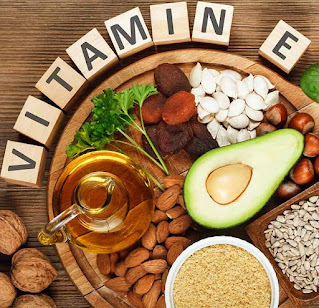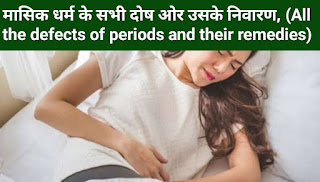विटामिन-ई की ज्यदा खुराक़ से हो सकता है ये घातक परिणाम, (This can be fatal due to overdose of Vitamin-E)
विटामिन-ई की ज्यदा खुराक़ से हो सकता है ये घातक परिणाम
लंदन : एक ताजा अध्ययन में विटामिन ई के लिए अनुपूरक आहार के सेवन से बेहद चौंकाने वाला खुलासा हुआ है। शोधकर्ताओं ने चूहों पर किए गए अपने अध्ययन में पाया कि आक्सीकरण रोधी पदार्थ के रूप में सर्वाधिक इस्तेमाल किए जाने वाले दो पदार्थों, जिसमें विटामिन ई भी शामिल है, के कारण फेफड़े के कैंसर पर रोकथाम की बजाय यह बीमारी और तेजी से बढ़ती है।
अध्ययन के मुख्य लेखक तथा स्वीडन के गोथेनबर्ग विश्वविद्यालय में आणविक जीवविज्ञानी मार्टिन बर्गो और सह लेखक ने चेतावनी भरे लहजे में कहा कि इस शोध का मुख्य संदेश यह है कि ये आक्सीकरण रोधी पदार्थ कैंसर के खतरे को कम नहीं करते, बल्कि कुछ तरह के कैंसर रोगों को कुछ हद तक बढ़ाने का काम ही करते हैं।
बर्गो ने अपने सहयोगी के साथ ऐसे चूहों पर यह शोध किया, जिन्हें जीन संबंधी परिवर्तन के जरिए फेफड़े के कैंसर से संक्रमित होने वाला बना दिया गया था। एक शोध पत्रिका के अंक में प्रकाशित शोध पत्र के अनुसार, उन्होंने पहले चूहों को एन-एसीटिलसिस्टीन (एनएसी) नामक आक्सीकरण रोधी पदार्थ देने का फैसला किया। इसके बाद उन्होंने विटामिन ई जैसा दूसरा सर्वाधिक इस्तेमाल होने वाले आक्सीकरण रोधी का प्रयोग चूहों पर किया। उन्होंने निर्धारित सीमा से पांच से पचास गुना अधिक तक ये पदार्थ चूहों को रोजाना दिए।
उल्लेखनीय है कि हम जो अनुपूरक आहार लेते हैं उसमें भी मनुष्य के लिए निर्धारित प्रतिदिन ली जाने वाली विटामिन-ई की चार से 20 गुना अधिक तक मात्रा होती है। वैज्ञानिकों ने दोनों ऑक्सीकरण रोधी पदार्थो का प्रभाव एक जैसा पाया। फेफड़े की सामान्य समस्या से ग्रस्त व्यक्तियों के लिए भी विटामिन-ई की अत्यधिक मात्रा वाले ये अनुपूरक आहार घातक परिणाम वाले हो सकते हैं। वैज्ञानिकों ने इस तरह के रोगियों की विटामिन-ई के जरिए उपचार करने की सामान्य परिपाटी पर भी चिंता व्यक्त की।
This can be fatal due to overdose of Vitamin-E
LONDON: In a recent study, intake of dietary supplement for Vitamin E has revealed a shocking revelation. In their study on mice, researchers found that two substances most commonly used as antioxidants, including vitamin E, caused lung cancer to progress rather than prevent it.
The study's lead author, molecular biologist Martin Bergo at the University of Gothenburg in Sweden, and co-authors cautioned that the main message of this research is that these antioxidants do not reduce cancer risk, but may protect against certain types of cancer. They only do the work of increasing it to some extent.
Bergo, along with his colleague, did this research on mice that had been made infected with lung cancer through genetic changes. They first decided to give the rats an antioxidant called N-acetylcysteine (NAC), according to a paper published in the issue of a research journal. He then used another commonly used antioxidant, vitamin E, on rats. They gave these substances to rats daily, five to fifty times the prescribed limit.
It is worth mentioning that the dietary supplements we take also contain four to 20 times more Vitamin-E than the recommended daily intake for humans. Scientists found the effect of both anti-oxidants to be similar. These dietary supplements with excessive amounts of vitamin-E can have fatal consequences even for people with common lung problems. Scientists also expressed concern over the common practice of treating such patients with Vitamin-E.
See more articles :-




Comments
Post a Comment